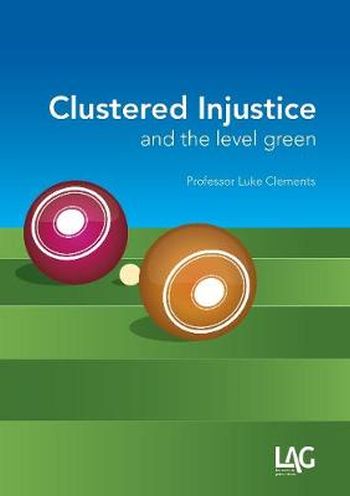
'Poor people get hit by cars too; they get evicted; they have their furniture repossessed; they can't pay their utility bills. But they do not have personal legal problems in the law school way. Nothing that happens to them breaks up or threatens to break up a settled and harmonious life. Poor people do not lead settled lives into which the law seldom intrudes; they are constantly involved with the law in its most intrusive forms... Poverty creates an abrasive interface with society; poor people are always bumping into sharp legal things. The law school model of personal legal problems, of solving them and returning the client to the smooth and orderly world in television advertisements, doesn't apply to poor people.'
Stephen Wexler 'Practising Law for Poor People' The Yale Law Journal. Vol. 79: 1049, 1970.
Such people – to cite Stephen Wexler – ‘do not lead settled lives into which the law seldom intrudes; they are constantly involved with the law in its most intrusive forms’. Their legal challenges don’t come in single discrete packages (eg a personal injury claim, a house purchase, a divorce) but are multiple, interlinked and successional. No sooner has one problem been addressed than another is encountered.
This book explores the causes and the effects of clustered injustice, describing the harm that results and why core responsibility for this harm rest squarely with the state. The analysis draws on ‘systems thinking’ and ‘vulnerability’ theories, as well using gaming analogies to illustrate the invidious position of people who experience clustered injustice: people compelled to play legal and administrative games in which the odds are heavily stacked against them.
Book structure: